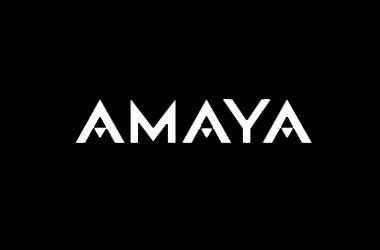 The feud between California’s gaming tribes and the licensed card rooms within the state has been going on for some time now. However, things seem to be taking a heated turn, with the tribes uniting together in order to file a lawsuit against their opponents.
The feud between California’s gaming tribes and the licensed card rooms within the state has been going on for some time now. However, things seem to be taking a heated turn, with the tribes uniting together in order to file a lawsuit against their opponents.
The whole issue surrounds the Californian versions of house-banked card games, such as pai gow poker and blackjack. And at the very least, two of the tribes in the state have reached their limit.
It was on November 16 that the Santa Ynez of Chumash Mission and Rincon Band of Luiseno Indian tribes took a step forward and filed the lawsuit against multiple card rooms that offer such versions of the games. The feud may date back through several decades, but it is only recently that it has become quite so heated. Hopes are that the lawsuit will finally bring an end to the conflict.
As it stands, blackjack and other non-poker games have existed within California’s card rooms for around 30 years. Operators of such have managed to shuffle their way around laws that restrict such by having players of the games deal the cards, rather than a specific croupier. The deal rotates through the players, much in the same way as it does with poker. This is how the games became known as “California” card games. It is for this reason that the tribes have spoken out.
What Are the Tribes Upset About?
While the obvious answer to this question may be that the card rooms are sneakily skirting around the law, this isn’t really what the tribes are fuming over. The complaint actually takes more of an issue with the manner by which the deal is rotated, or potentially not rotated at some rooms.
The fuse was very much lit on this simmering explosion in 2007. At the time, the former regulator Rob Lytle spoke of the deal not needing to be systematically rotated amongst players in card rooms. Instead, the house just needed to make sure it offered such a possibility, rather then enforce it. He submitted a letter suggesting so just 10 days before he chose to resign and begin a career in the consultancy industry. Additionally, he acquired stakes in certain California card rooms – and obviously, he’s able to benefit from his opinion on the card deal rotation.
In 2016, the tribes of California believed that a decision would turn in their favour as the Attorney General office began reviewing the issue at the time. Yet, the investigation and review led to very little change, leaving the tribes feeling somewhat let down.
The new rules introduced by the Attorney General office stated that no single player can be involved in the dealer position for more than 60 minutes. If this rule isn’t followed, the game must end and a new game cannot begin for at least two minutes. While the state reported this as a win for the tribes, it wasn’t really the type of victory that they were looking for.
The lawsuit is the final push by the tribes, and it has been strongly hinted at over the past few years. Should it be a losing lawsuit though, they could suffer a damaging outcome. Card rooms could find themselves emboldened and courts may even take the decision to lessen any current restrictions.





